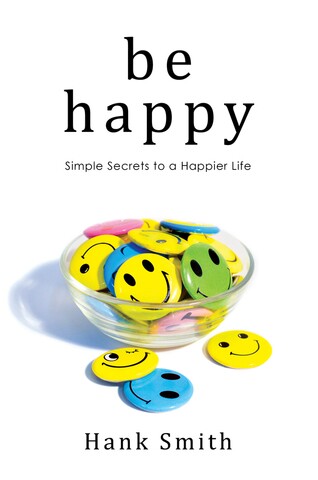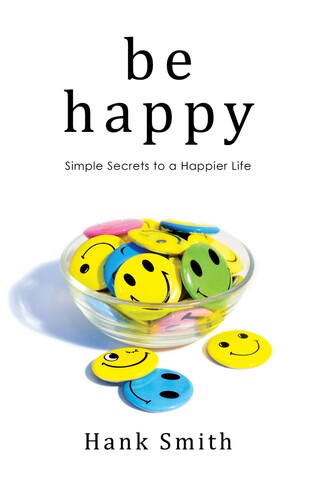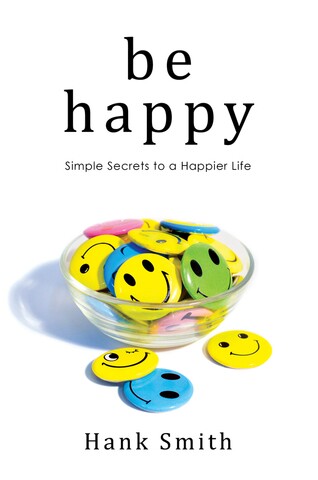The only piece of jewelry I wear is my wedding ring. Like most people, I wear it on the ring finger of my left hand. That’s what I’m used to. That’s where it belongs. Right?
So what would happen if I took it off my left hand and put it on the ring finger of my right hand? It would drive me crazy. It would feel wrong. It would at the very least feel awkward—at least at first.
How long would it be before I no longer noticed that it was on my right hand? Maybe a few days. Maybe a few weeks. But after a certain period, I would naturally put that ring on my right hand without even thinking about it. Because now that’s where it would belong. Right? It took a lot of energy at first, but now it’s the norm.
There’s a bit of science behind this. Let’s say you decide you’re going to make a change in your life. Guess how long it takes for you—the whole you—to accept that change? Most research says about fifteen days. At the fifteen-day mark, your mind and your heart and your emotions and all of the rest of you come to a stark realization: this change is going to be forever. Even those you live with begin to accept the change around the fifteen-day mark. This is how it is now. And we’re okay with that.
Here’s the problem: research also shows that when attempting to make a change, most people give up after two weeks. That’s fourteen days—one little measly day before you hit the jackpot. One day shy of convincing your entire being that this change is permanent. That this is the new normal.
So choose the first thing you want to do and work on it until it becomes your new normal. Take at least fifteen days; three weeks or a month is even better. Focus your efforts on that one thing until you feel like you’ve gotten it right. The only way to make that change is to practice, and practice takes time and effort.
Here’s a word of warning: your family or other loved ones will resist that change. Even if it’s the best thing you’ve ever done for yourself (or them), they may dig in their heels and put up a fuss. Why? Because you’ve just threatened to shove them out of your comfort zone. And no one likes to be out of their comfort zone. I’m reminded of the time when, after listening to general conference, my parents decided we were going to read scriptures every day as a family. And even though we all knew this was a good thing, I don’t think any of us made it too easy on my parents. I was fifteen, and my immediate thought was, Oh, okay. I wonder how long this is going to last.
I’ll spare you the suspense. It lasted four days. Then we missed a day. But wait—the next day we were back at it again . . . for another two days. Then we missed a week. I think we did it one more day after that, but then the whole thing vaporized. We never reached that sweet spot of fifteen consecutive days. And we kids were not going to urge our folks on. Hey, it was outside our comfort zone. It wasn’t our normal—not even close.
Back to you. If you’re going to be making some changes so you can be happier, you’re going to need some help. Lucky for you, I have a few strategies that have worked for me and that I’ve seen work for lots of other people.
1. First, make all of these positive changes a matter of prayer and fasting. Explain to the Lord how important these changes are to you and how you need His help. Search the Book of Mormon for any embedded message that will help you keep your drive alive.
2. Second, surround yourself with visual or tactile reminders. You might change your screensaver so you have a constant reminder of what you’re trying to do. Maybe you can wear a new wristband; no one else will know what it means, but you will, and you’ll be reminded of your goal every time you see it. Or maybe you can put something small in your pocket—such as a smooth pebble. Every time you touch it you’ll get a gentle reminder (unless you’re in the habit of carrying rocks around in your pocket). Before you know it, you’ll see a change. And here’s the amazing part: you will actually change the way your brain works. A happier brain means a happier you.
3. Another thing you should do is give yourself accountability. Before you give me that look, let me explain. Accountability is an incredible thing. It has a tremendous way of leading to success. And it’s not all that hard. Best of all, it means you’re not trying to do something that might be a bit challenging all on your own. You’ll have help.
Here’s what you do: Choose someone you love and trust. It needs to be someone who sees you a lot. If you suspect that your family might resist your efforts to change, then pick a good friend or coworker. Then put it all out there: Explain the change you’re trying to make, and ask your trusted confidant to give you constant reminders. We’re not talking nagging. We’re talking an encouraging, how’s-it-going, you-can-do-it, how-can-I-help sort of reminder.
Before you know it, you’ll be reaching your goal. Then another. And another. You’ll eventually be listening to uplifting music and taking a brisk walk every day and talking with your friends and getting a good night’s sleep. As you recognize when you fall into the “future me” myth, you will decide to make changes today. You’ll find yourself accentuating the positive and mindfully choosing your response to situations that used to push the edges of your patience. You’ll be gentler with those with depression, and you’ll get them to the experts who can help them.
And if this magic works the way it should, a wonderful thing will happen. You will be happier, and your friends and family will be happier too—just because you are around. Smiling, laughter, and peace will be the natural result of your presence.
Before you know it, a friend or family member is going to turn to you and say, “You are so happy. You are a light for me. I love being around you.”
With a smile you’ll say, “Thank you. That means a lot to me. I haven’t always been this way, but I’ve been working hard on it.”
You can be happy—solidly, genuinely happy—no matter what's going on around you, no matter what happens to you, no matter what storm comes along to batter and bruise you.
Keep reading, and I'll show you how . . .
Face it: it's not always easy to feel happy. With all of the worries and trials of day-to-day life, the cares of the world can seem overwhelming. But as popular speaker and author Hank Smith demonstrates, no matter your circumstances, you can be happy—the kind of happy that illuminates you from the inside out, a joy that does not depend on what happens to you, but what you do with what happens. With his characteristic humor,Hank offers readers a fresh perspective on finding joyin the journey with a collection of tools and strategies designed to inspire genuine happiness, such as:
- Learning to develop an optimistic outlook
- Understanding how to deal with feelings of depression
- Mastering ten simple tricks to jump-start your joy each day
Featuring an inspiring collection of real-life examples, enlightening doctrinal direction, and motivating goals, Be Happyis the guide you need to start living a happier life, today!






